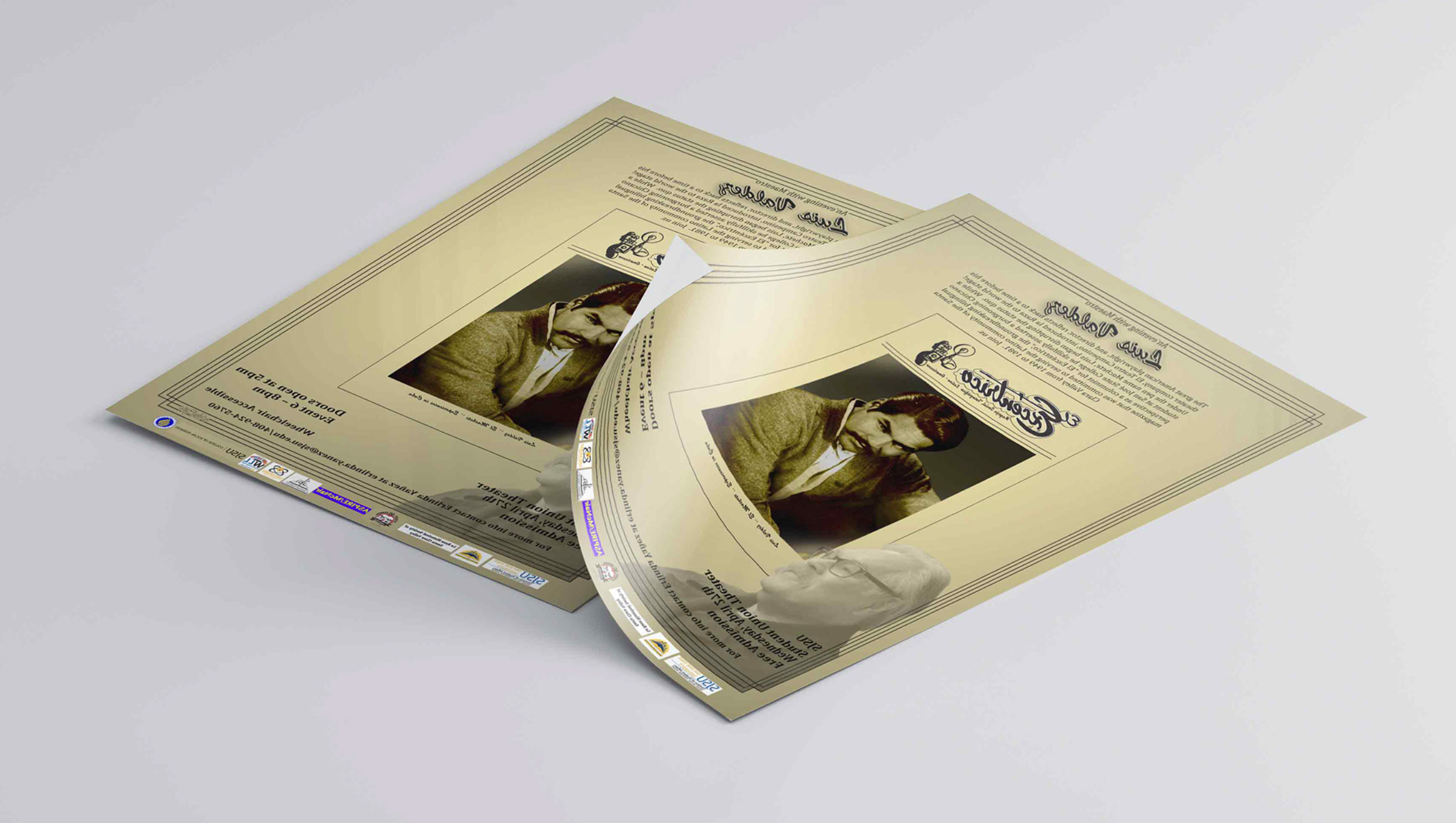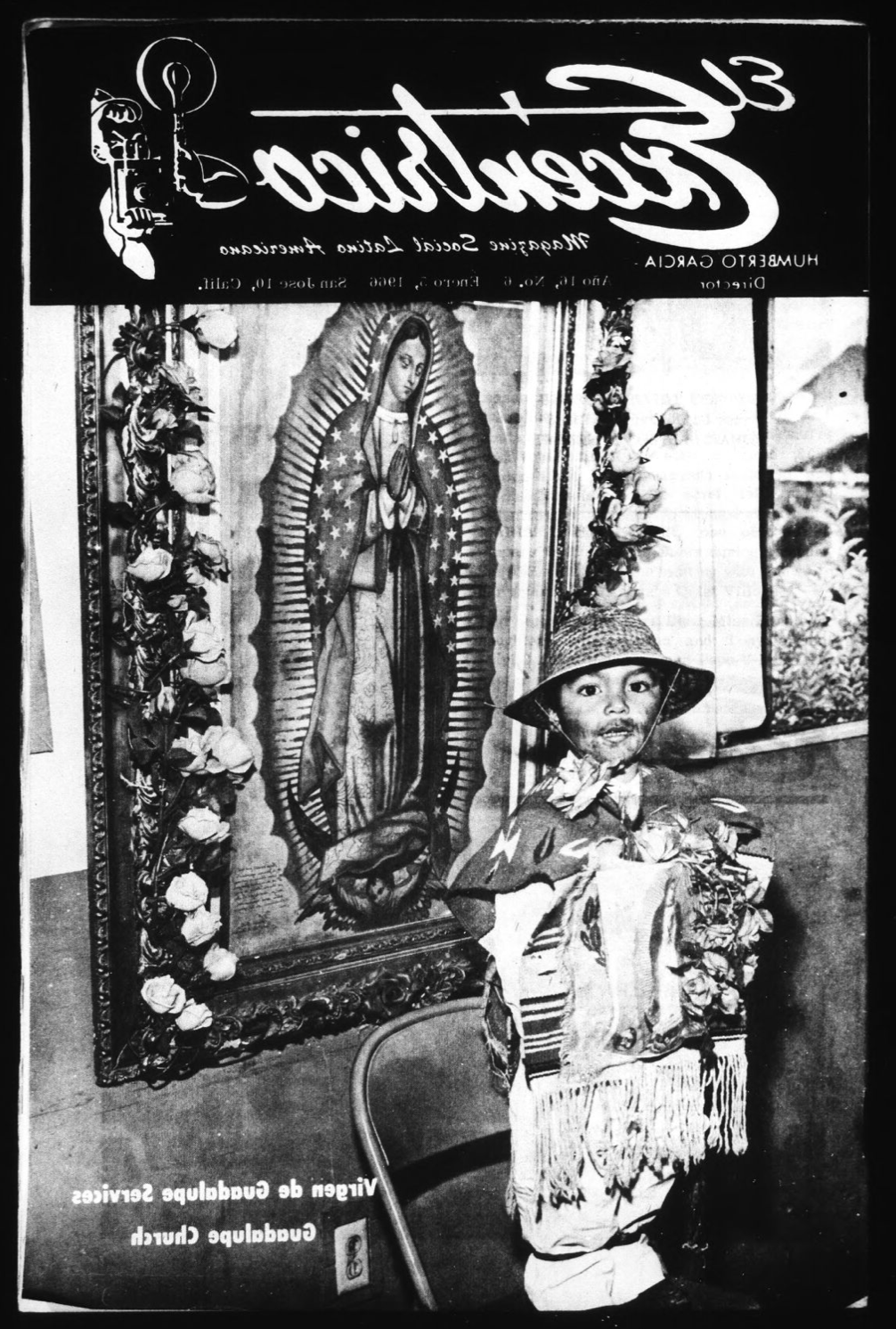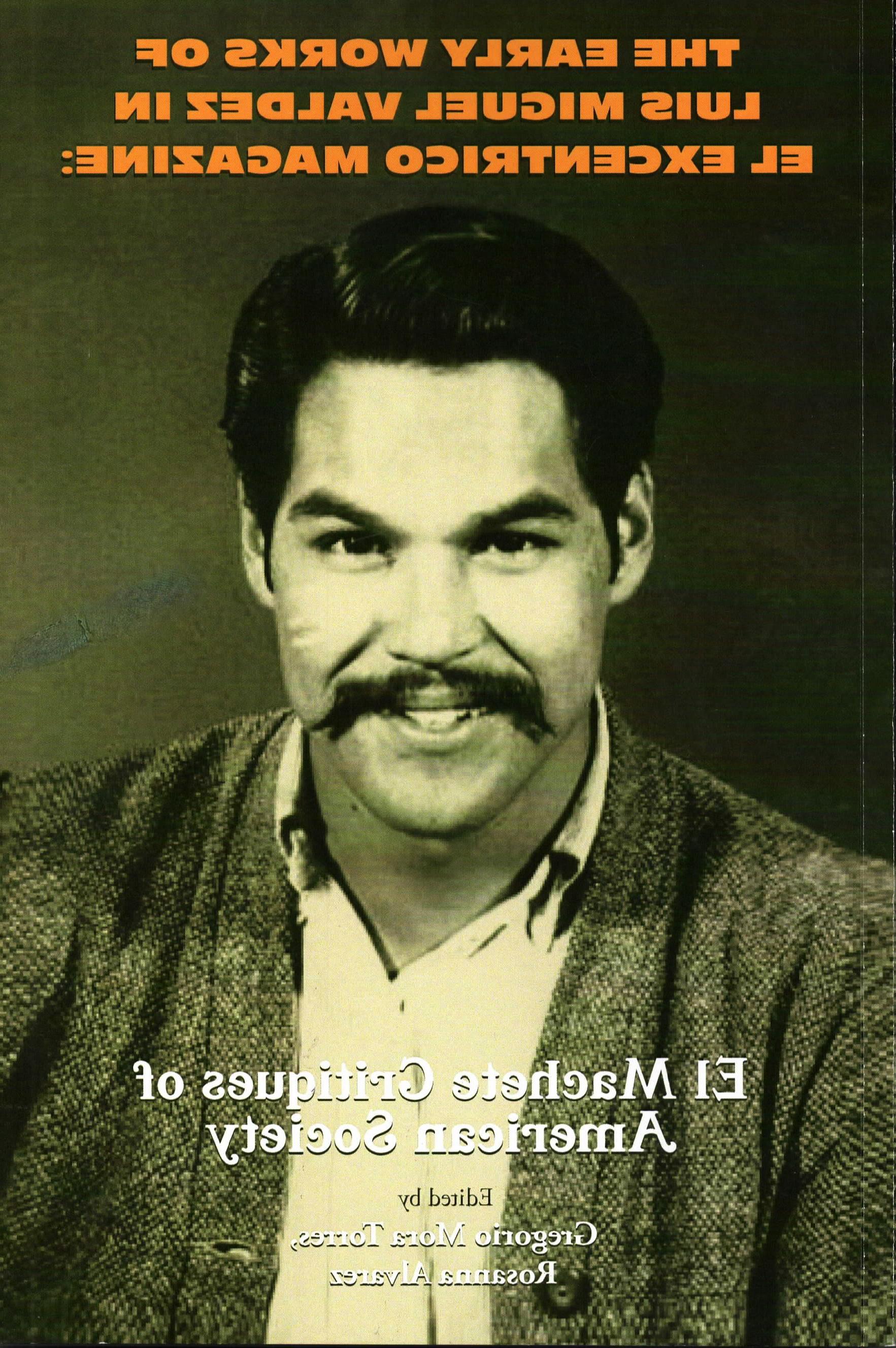Luis "El Machete" Valdez Speaker 系列
的 Luis “El Machete” Valdez Speaker 系列 celebrates the extraordinary work and history of Santa Clara County residents who helped shape the city of San José, the broader San Francisco Bay Area, and California. Focused on the contributions of Santa Clara County’s Mexican American and Chicana/o communities, this Speaker 系列 offers 十大菠菜软件 and surrounding communities an opportunity to access the legacies of local and national histories of survival, sacrifice, and 成功.
的 Luis “El Machete” Valdez Speaker 系列 is named for co-founder of El Teatro Campesino (ETC) and accomplished author, playwright, 和戏剧编剧. It also nods to Valdez’s editorial columns in El Excentrico杂志, which he wrote as an undergraduate student at 十大菠菜软件. Valdez’s column offered his thoughts, reflections, and critiques of U.S. society, politics, and culture in the 1960s, providing “ an early glimpse into the historical, ideological, and ethnic/racial formation of the Chicano Movement of the 1960s [and] the ethnic consciousness and social activism of a generation of Mexican-origin people in the United States” (Camarillo 2023, 3).[1]
Origin: http://ezesparza.com/an-evening-with-maestro-luis-valdez-posterflyer |

的 Luis Valdez-El Machete-Speaker 系列 的支持 San José’s La Raza Historical Society. Several CCS faculty and staff are longtime board members of this local public history organization that documents the history of Mexican American, Chicana/o, and U.S. 拉丁/ o intellectual, political, and cultural leadership in San José. In fact, these CCS colleagues initiated the role of the Department of Chicana and Chicano Studies in the Speaker 系列. 2023年,CCS讲师 Rosanna阿尔瓦雷斯, vice president of La Raza Historical Society, was featured on NBC Bay Area’s 山谷公社, with Honorable Katherine Lucero, to announce La Raza Historical Society’s Legacy 奖. Judge Lucero was awarded an honorary doctorate at the College of Social 科学s 2023 Commencement ceremony.
|
|
 |
|
|
|
In 2016, Luis Valdez discussed his early writings for El Excentrico杂志 with La Raza Historical Society’s board member and CCS Professor (Emeritus) Dr. 格雷戈里奥Mora-Torres. To watch the staged conversation, “Early Writings of Luis Valdez: El Excentrico杂志 1964, 十大菠菜软件 Speaker 系列 4/27/2016, Part 3/3,” see, more in this YouTube video. |
Dr. 格雷戈里奥Mora-Torres, Rosanna阿尔瓦雷斯, Erlinda Yañez, and several faculty and staff of the CCS Department demonstrate how deeply the history of MAS, now CCS, is embedded in San José—not only as community engaged scholars and practiti一个rs of principles of social justice that undergird the Chicana/o Studies discipline; but as tlamatinime, keepers of the black and red ink, and, specifically, the rich memory of San José, which they share with future ancestors (十大菠菜软件 students) who restore a vital sense of place amongst a longtime residential workforce of Chicana/o peoples.[2]
[1] Albert Camarillo. “Foreword” to 的 Early Works of Luis Miguel Valdez in El Excentrico
Magazine: El Machete Critiques of American Society, Eds. Gregorio Mora Torres and
Rosanna阿尔瓦雷斯, pages 3-4. San José: La Raza Historical Society Publishing, 2023.
[2]张志强,张志强., “Spirit Glyphs: Reimagining Art and Artist in the Work of Chicana Tlamatinime.” MFS Modern Fiction Studies, 44:1 (1998): 36-76. 项目的缪斯女神, doi: 10.1353 / mfs.1998.0009. 的 concept of the tlamatinime in Chicana/o theory has evolved from canonical Chicano poetry, particularly the 1960s-70s writings of Alurista.
| Designed for CCS by AFAM Dept. 分析师奈拉·史密斯说 |
